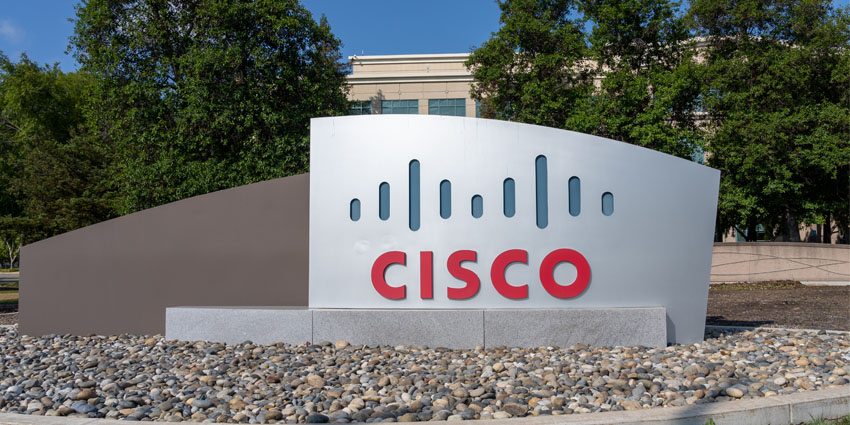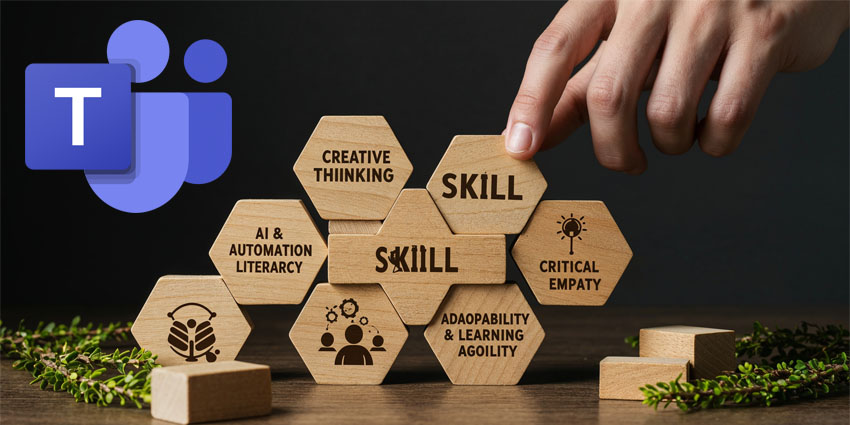Microsoft Finally Hangs Up on Skype, While Salesforce CEO Cites Slack as a Warning About Microsoft’s OpenAI Partnership
Microsoft finally closed down Skype for good on Monday, marking the final chapter for a platform that once revolutionised and defined internet calling.
Previously flagged in February to warn users ahead of schedule, Skype was officially shuttered this week, 22 years after it first launched and 14 years after Microsoft bought the platform for $8.5 billion in 2011.
With Skype’s shuttering, Microsoft has unequivocally shifted its UC focus toward its flagship UC and collaboration service and is encouraging Skype users to make the switch. Microsoft has updated the Skype mobile apps to be non-functional if a user tries to install the update, and the Skype app now directs any user to Microsoft Teams.
To streamline the migration process, Microsoft has been enabling users to sign into Teams via their existing Skype credentials. User contacts and chat histories have automatically carried over, ensuring continuity with minimal disruption.
Meanwhile, in other Microsoft news, Salesforce CEO Marc Benioff claims Microsoft’s partnership with OpenAI could end up in tatters just like it did with Slack.
Salesforce CEO Marc Benioff has pointed to the European Commission’s ongoing antitrust investigation into Microsoft’s bundling of Teams with Office 365, a case originally sparked by a complaint from Slack in July 2020, as a sign of growing regulatory scrutiny in the collaboration space. Benioff’s relationship with Microsoft has long been marked by rivalry rather than alignment.
He has also raised concerns about OpenAI’s deep integration with Microsoft, warning that such a tight-knit partnership could expose the AI company to strategic and operational risks.
Benioff told SaaStr CEO Jason Lemkin in a recent video podcast:
That was pretty bad and they were running their playbook and did a lot of dark stuff. That playbook should get ripped up and thrown away(…) I think it’s extremely important that OpenAI gets to other platforms because Microsoft is building their own AI, and I don’t think Microsoft will use OpenAI in the future.”
RingCentral Brings CCaaS Strengths to Salesforce Service Cloud Voice with RingCX Integration
RingCentral has introduced RingCX for Salesforce Service Cloud Voice on the Salesforce AppExchange, aiming to centralise customer interactions within a single, unified interface. This integration gives Salesforce customers a comprehensive “single pane of glass” to manage end-to-end customer journeys.
By embedding RingCX directly into Salesforce workflows, organisations can equip service agents with seamless access to RingCentral’s robust voice and digital engagement capabilities—all from within the Service Cloud environment. The result is a more cohesive, efficient, and responsive agent experience.
“RingCX for Salesforce Service Cloud Voice is a welcome addition to AppExchange, as it accelerates business transformation for customers by seamlessly integrating RingCentral’s advanced voice capabilities into the Salesforce environment, enabling agents to effortlessly manage calls, messages, and customer data from one intuitive interface,” said Alice Steinglass, Executive VP and General Manager, Platform, Integration, and Automation at Salesforce.
With this move, RingCentral expands its ecosystem footprint, enabling Salesforce users to fully leverage RingCX features inside Service Cloud Voice, streamlining communication across voice and digital channels without switching between platforms.
Asana Aims to Elevate Human/AI Coordination With Smart Workflow Gallery
Asana intends to elevate human/AI coordination in the workplace with the launch of its new Smart Workflow Gallery solution.
Positioned as a catalyst for enterprise-wide AI integration, the Smart Workflow Gallery offers a growing library of AI-powered, prebuilt workflows designed to embed the technology into everyday processes, without adding complexity. Drawing on proven best practices from hundreds of leading global organisations, Asana stresses that these workflows serve as strategic blueprints for how business leaders and teams in IT, Marketing, and Operations can harness AI alongside human expertise.
“AI has tremendous potential to skyrocket employee productivity, but most enterprises are struggling to move beyond isolated, task-level implementations,” said Dustin Moskovitz, CEO and Co-Founder of Asana.
Companies are asking employees to figure out AI adoption on their own, without a clear blueprint for success. By bringing AI into predictable workflows with defined capabilities and appropriate oversight, we’re enabling effective coordination between humans and AI at scale, which will transform small teams into powerhouses with the capabilities of much larger organizations.”
Beginning in May and continuing through July 2025, the Smart Workflow Gallery will launch in successive phases. It will offer a curated selection of prebuilt workflows designed to accelerate team productivity across departments.







